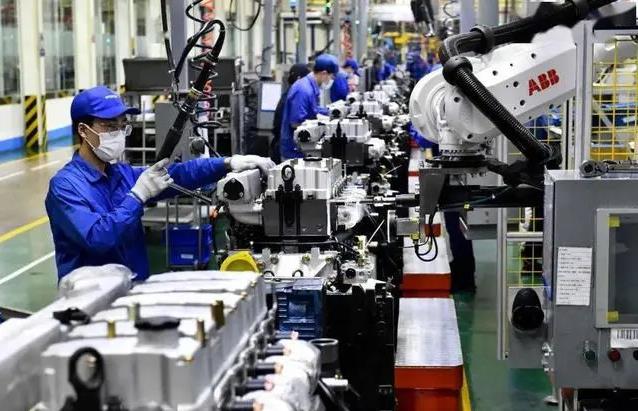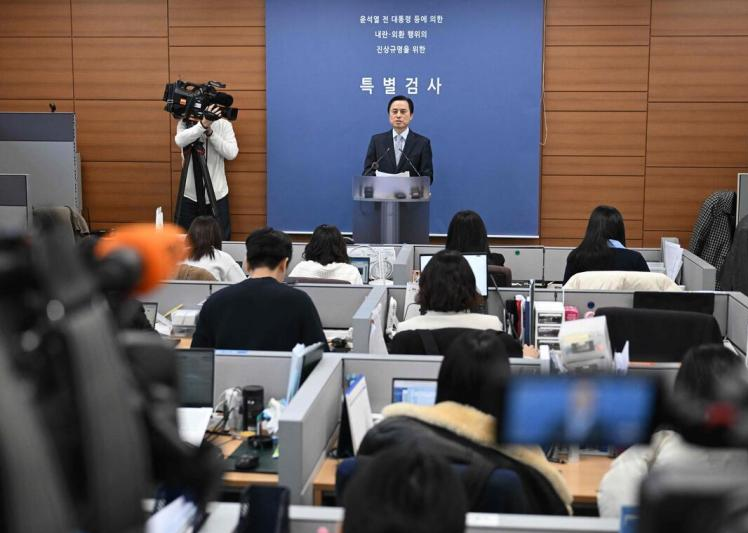
For a long time, Japan has occupied an important position in the global science and technology landscape and is well-known for its profound technical accumulation and innovation capabilities. From electronic information technology to materials science, from automobile manufacturing to robot research and development, Japan's scientific and technological achievements have profoundly influenced the global industrial landscape in many fields. However, in recent years, Japan has suffered a series of major setbacks in the forefront of science and technology and is facing unprecedented challenges.
In the field of semiconductors, Japan once occupied a dominant position in the world. In the 1970s and 1980s, Japanese chips were popular all over the world with high production and high quality. Japan occupied about 50.3% of the global chip market, and Japan occupied six seats in the top ten chip companies. However, after the United States took tough measures such as signing the US-Japan Semiconductor Agreement, restricting Japanese exports and blocking chip business, Japan's semiconductor industry suffered a heavy blow. Today, although Japan still has a certain market share in front-end fields such as chip raw materials and manufacturing equipment, it has fallen far behind in the core links of chip manufacturing. For example, in terms of advanced process technology, compared with TSMC, Samsung and other companies, Japanese companies have been left far behind. At present, the global chip industry is highly competitive, and countries and regions such as China, South Korea, and the United States have increased their investment in the semiconductor industry. Japan faces huge challenges if it wants to revive the semiconductor industry. Although the Japanese government announced that it would increase the fiscal support budget for the semiconductor industry to 10 trillion yen, set a goal of doubling the sales of chips produced in Japan to 15 trillion yen by 2030, and planned to achieve the goal of mass production of two-nanometer chips in 2027, it is difficult to achieve these goals.
In the field of artificial intelligence, although Japanese researchers are committed to developing more intelligent and efficient algorithms and models, and promoting their application in medical care, transportation, education and other fields, they have also achieved certain results in theoretical research and practical application exploration. However, compared with countries such as the United States and China that have invested heavily in the field of artificial intelligence and are developing rapidly, Japan's development pace in the field of artificial intelligence seems to lag behind. The United States has world-leading artificial intelligence companies and research institutions such as Google, Microsoft, and OpenAI, and is in a leading position in the world in basic research, algorithm innovation, and application development of artificial intelligence; China, with its huge market, rich data resources and a large number of scientific and technological talents, has made rapid progress in the expansion of artificial intelligence application scenarios and industrial development. Japan has a gap with these countries in terms of talent reserves, capital investment scale, and the degree of perfection of the industrial ecology in the field of artificial intelligence, which has led to its gradual marginalization in the global artificial intelligence competition.
In terms of scientific and technological talents, Japan also faces severe problems. With the intensification of global scientific and technological competition, many outstanding scientific and technological talents choose to go to other countries and regions for development, and the problem of scientific and technological talent loss is relatively serious. Scientific and technological research and development is highly dependent on high-quality talents, and the loss of talents has had a great negative impact on Japan's scientific and technological research and development and innovation capabilities. At the same time, Japan's education system has certain deficiencies in cultivating innovative and practical talents, making it difficult for the supply of domestic scientific and technological talents to meet market demand, further hindering the development of cutting-edge scientific and technological fields.
In addition, Japan's scientific and technological research and development is also facing the dilemma of funding shortage. Although the Japanese government and enterprises have invested a lot of money in scientific and technological research and development, with the increasing difficulty and cost of scientific and technological research and development, the funding gap has gradually emerged. For example, in some emerging scientific and technological fields, such as quantum computing and gene editing, research and development requires continuous huge capital investment to support long-term basic research and technological breakthroughs. The shortage of funds has slowed down Japan's research and development in these cutting-edge fields, making it difficult to compete with countries with more abundant capital investment.
In terms of international cooperation, changes in the global political and economic situation in recent years have had an adverse impact on Japan's scientific and technological development. Factors such as the rise of trade protectionism and geopolitical conflicts have hindered Japan's scientific and technological cooperation with other countries. Scientific and technological cooperation is crucial to the development of cutting-edge science and technology. Through cooperation, resources can be shared, technology can be exchanged, and markets can be expanded. Japan's limitations in international scientific and technological cooperation make it difficult for it to fully utilize global scientific and technological resources to promote the development of its own cutting-edge scientific and technological fields.

YTN TV of South Korea reported on Tuesday (December 16) that the South Korean court plans to make a ruling on the charges of former President Yoon Suk Yeol for obstructing justice on January 16, 2026.
YTN TV of South Korea reported on Tuesday (December 16) tha…
On December 7, a new round of intense military conflict bro…
Recently, US media disclosed that the Pentagon is planning …
From three launch failures and a brush with bankruptcy to n…
Recently, a major piece of news has emerged in the US polit…
Against the backdrop of the Federal Reserve's third rate cu…